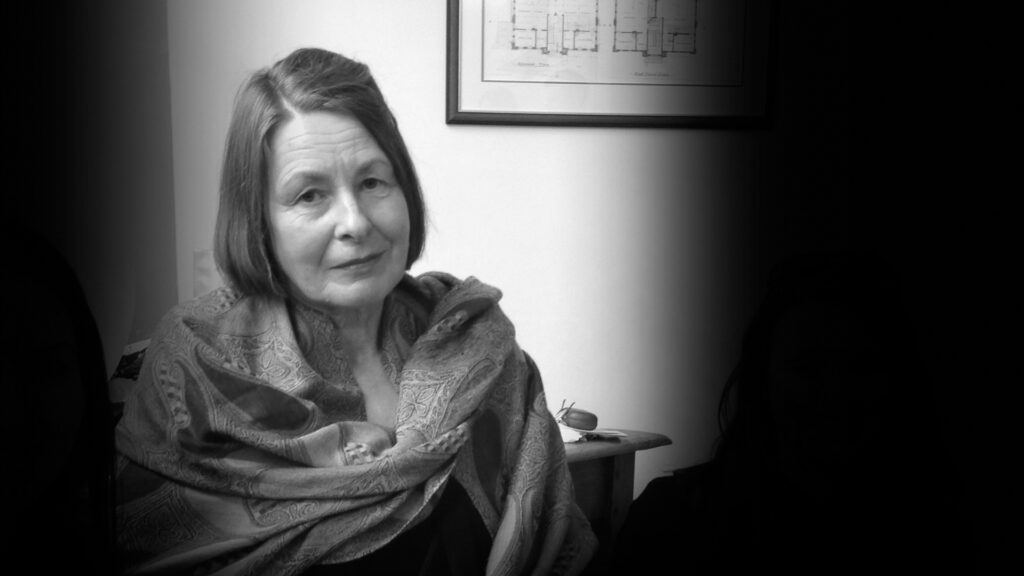Landmark whistleblower protections appeal begins: Human Rights Law Centre appearing
The Human Rights Law Centre is today participating as amicus curiae (friend of the court) in a landmark appeal as part of the ongoing unjust prosecution of whistleblower Richard Boyle.
The appeal will determine the scope of legal protections for all Australian whistleblowers.
Boyle, who is being prosecuted after blowing the whistle on unethical debt recovery practices at the Australian Taxation Office, sought immunity under the federal public sector whistleblowing law, the Public Interest Disclosure Act.
In March, Judge Kudelka of the District Court of South Australia ruled that Boyle was not immune from prosecution.
The judgment was the first consideration of the scope of the protections for Australian whistleblowers. Boyle was charged in relation to allegedly unlawfully gathering documents and recording conversations as part of his whistleblowing – which took place first internally, then to the tax ombudsman and then, as a last resort, to the ABC, Sydney Morning Herald and The Age.
Judge Kudelka ruled that the key protection in the PID Act only applies to the act of blowing the whistle, not related preparatory steps.
Boyle appealed to the Court of Appeal of the Supreme Court of South Australia, and in June Justice Doyle granted leave to the Human Rights Law Centre to make submissions. Last month Boyle’s trial was delayed until September 2024 in light of the ongoing appeal.
Kieran Pender, Senior Lawyer at the Human Rights Law Centre, said:
“Richard Boyle’s appeal will determine the strength of protections for all Australian whistleblowers, given similar provisions exist in almost all Australian whistleblower protection laws. It is a vitally important test case with significant implications for truth and transparency in this country.
“Boyle faces the spectre of jail for blowing the whistle on government wrongdoing – whistleblowing that has been vindicated by several independent inquiries.
“By exposing human rights abuses, government wrongdoing and corporate misdeeds, whistleblowers make Australia a better place. The Attorney-General Mark Dreyfus KC should fix the law and establish a whistleblower protection authority, to ensure that whistleblowers are protected, not punished.”
The Human Rights Law Centre has briefed Perry Herzfeld SC, Michelle Hamlyn and Hannah Ryan. National law firm Johnson Winter Slattery is acting for the Centre in the proceedings, led by partners Eve Thomson and Christopher Beames, senior associate Jade Tyrrell and associate Claudia Boccaccio.
Rally and Press Conference details:
DATE: Wednesday 9 August
WHERE: In front of Supreme Court SA (1 Gouger St, Adelaide)
RALLY: 9.15AM at Tarntanyangga / Victoria Square (opposite Supreme Court of SA)
PRESS CONFERENCE: 9:45AM (at the front of Supreme Court SA)
WHO: Kieran Pender, Senior Lawyer with the Human Rights Law Centre
Contact: Thomas Feng, Media and Communications Manager, Human Rights Law Centre, 0431 285 275
Media contact:
Thomas Feng
Media and Communications Manager
Human Rights Law Centre
0431 285 275
thomas.feng@hrlc.org.au

Legal challenge filed against Tasmanian Parole Board’s decision to gag free speech
The Human Rights Law Centre has filed legal proceedings on behalf of Tasmanian grandmother, Susan Neill-Fraser, to challenge a restrictive parole condition placed on her by the Tasmanian Parole Board seeking to limit her ability to speak to the media.
Read more
University of Melbourne urged to drop repressive anti-protest and surveillance policies
The University of Melbourne is being urged to abandon policy changes that restrict staff and students’ right to protest and permit the widespread surveillance of people using their wifi network.
Read more
Expanded protections for marginalised groups welcomed in Allan Government’s anti-vilification laws
The Human Rights Law Centre welcomes the additional protections for marginalised groups in anti-vilification laws passed today by the Allan Government. These laws expand protections from vilification to include people from LGBTIQA+ and disability communities, and provide communities with important civil law avenues to address vilification.
Read more


